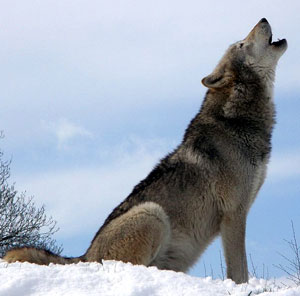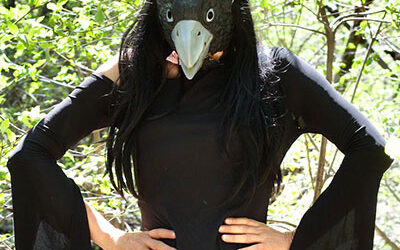 Science Daily published today the findings of a recent report in Bioscience journal, which says that there has been a significant shift in the last 200 years in the percentage of “apex” predators (e.g., wolves, lions, sharks) as compared to the smaller “mesopredators” like coyotes and baboons. Apex predators are in many places in danger of becoming extinct, while mesopredator populations have exploded.
Science Daily published today the findings of a recent report in Bioscience journal, which says that there has been a significant shift in the last 200 years in the percentage of “apex” predators (e.g., wolves, lions, sharks) as compared to the smaller “mesopredators” like coyotes and baboons. Apex predators are in many places in danger of becoming extinct, while mesopredator populations have exploded.
This shift seems to be very severe and has occurred, in part, due to human behavior such as habitat disruption and overfishing/hunting. In some cases, entire ecosystems are collapsing without primary predators to keep the smaller predators in check. Another problem with this scenario is that mesopredators are usually omnivores (while apex predators are usually carnivores) and may cause significant crop damage due to their sheer numbers.
The study found that the effects of this unequal shift of populations could be found in many different ecosystems, including oceans, rivers, forests, and grasslands, all over the planet. It also found that managing these unchecked mesopredator populations was very difficult and expensive. From what we can tell, the report seemed to provide observations of the problem only, without offering any solutions.
The article illustrates the problem with this example:
…the extermination of wolves may allow coyote populations to surge, which in turn can suppress feral cat populations, leading to more rodents, etc. These cascading effects are poorly understood but are causing ecosystem disruptions around the world, scientists say.”









0 Comments